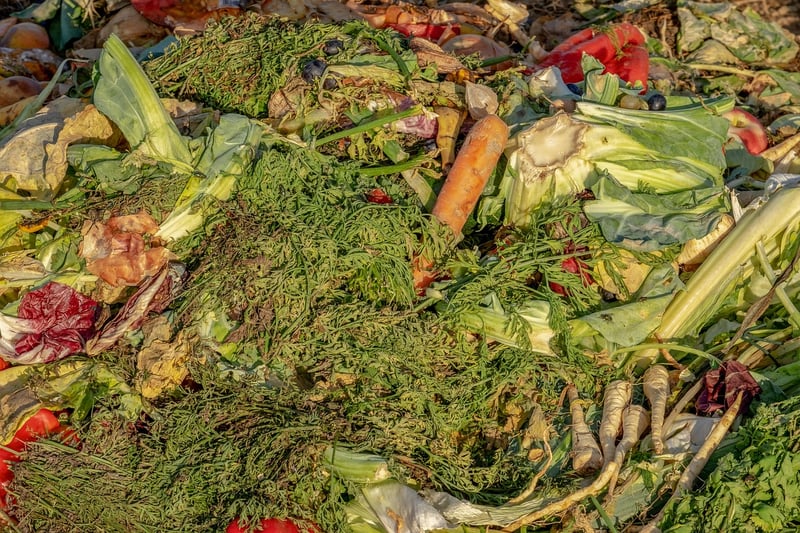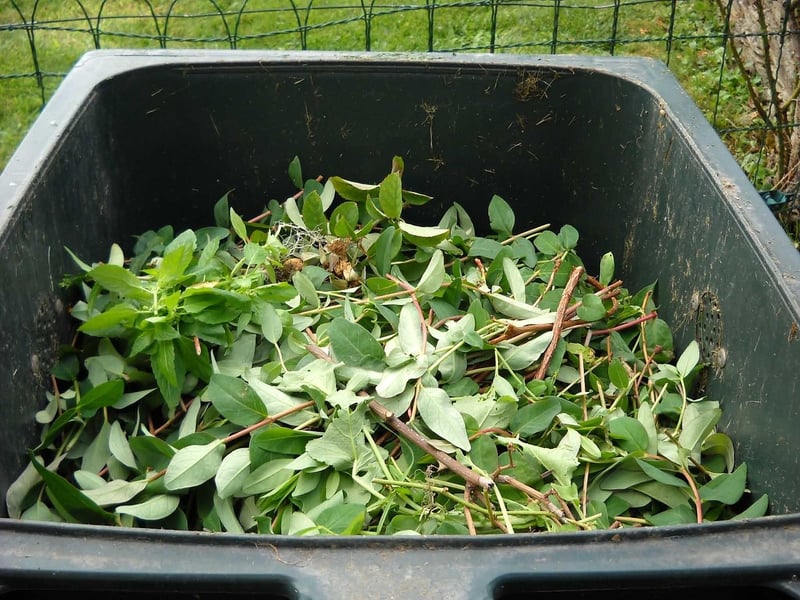Balcony Composting
The Benefits of Creating Green Spaces in Limited Areas
In urban areas where space is limited, creating green spaces can have numerous benefits for the environment and the community. Green spaces not only enhance the aesthetic appeal of the surroundings but also play a crucial role in promoting biodiversity, improving air quality, and reducing urban heat island effects.
Benefits of Green Spaces:
- Enhance biodiversity by providing habitats for plants, insects, and birds.
- Improve air quality by absorbing pollutants and releasing oxygen.
- Reduce urban heat island effects by providing shade and cooling the surrounding area.
- Create opportunities for relaxation and recreation, contributing to mental well-being.

Ways to Create Green Spaces in Limited Areas:
- Vertical gardens on walls or fences.
- Rooftop gardens on buildings.
- Community gardens in shared spaces.
- Balcony gardens for individual residences.
One innovative way to contribute to green spaces, even in limited areas like apartments, is through balcony gardening. Balcony gardening allows individuals to grow plants, herbs, and even vegetables in a small outdoor space.
Balcony Composting:
Composting on a balcony is a sustainable practice that can help reduce waste and provide nutrient-rich soil for plants. By composting organic kitchen waste such as fruit peels, vegetable scraps, and coffee grounds, individuals can create their compost to enrich their balcony garden.

With a few simple steps and the right tools, anyone can start balcony composting and contribute to a greener environment, even in limited spaces.
By incorporating green spaces and balcony gardening practices, individuals can make a positive impact on the environment, promote sustainability, and create a more vibrant and healthy living space.
